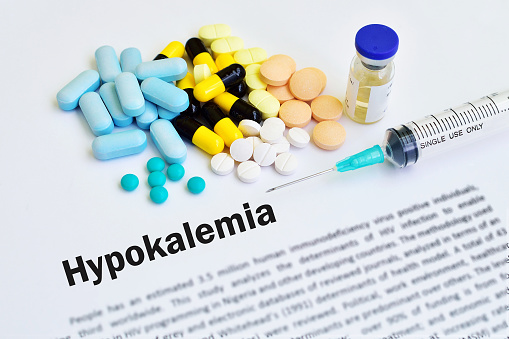Potassium is one of the most abundant minerals in the body. Lack of Potassium can cause many health problems. Therefore, you need to know the warning signs of potassium deficiency to offset the harmful effects of the condition.

What does Potassium do for our bodies?
The importance of potassium to our bodies is undeniable. It is present in the functioning of all cells. Potassium is linked with many health benefits:
- Regulating heartbeat
- Balancing the level of fluid
- Maintaining a healthy nervous system
- Controlling muscle contractions
- Supporting cardiovascular health
- Reducing blood pressure
- Supporting normal activities of body systems
Signs of Potassium deficiency
Potassium is essential for good health. Odds are, many people do not have enough of it. These are symptoms indicating that you are having a low level of potassium:
- Muscle weakness: As potassium levels decrease, muscle function decreases, leading to muscle weakness and cramps, which are uncontrolled contractions of muscles. And if left unchecked, it can cause muscle damage.

- Irregular heartbeat: Low potassium level interferes with the heart muscle contractions causing the heart rhythm to become irregular. If this abnormality continues in the long term it can lead to severe heart conditions.
- Digestive disorders: Constipation and bloating can be underlying signs of potassium deficiency. It weakens smooth muscle located in the digestive system. Therefore, contractions become weak, hindering the digestion of food.
- Polyuria : A condition where the body urinates frequently and excessively. Potassium deficiency impairs the kidneys’ ability to maintain water and electrolyte levels, leading to dehydration and frequent urination. There is also a symptom of increased thirst.
- Hair loss: Potassium deficiency causes an excess sodium accumulation around the hair follicles, inhibiting the absorption of nutrients necessary for hair growth. Blood tests to check the micronutrients in the body are essential to help timely supplement in the right way to avoid harmful effects on health.














